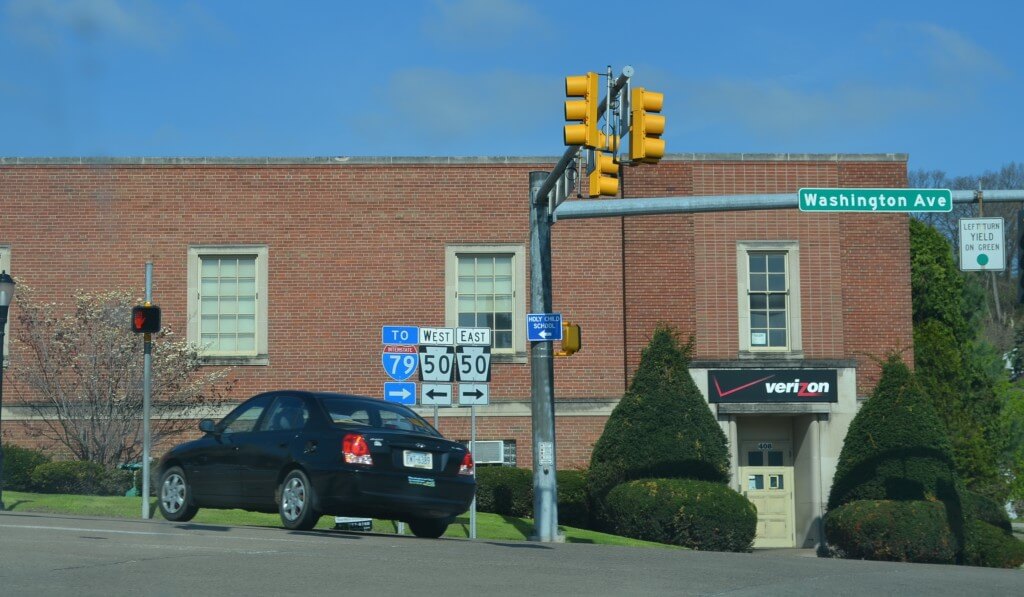
The two-week stay-at-home order that Gov. Tom Wolf issued yesterday left residents with questions about how police would enforce the new restrictions on work, travel, and social gatherings.
Based on the first 24 hours, it appears that you’re not going to get pulled over simply for driving, and you’re not going to get a citation if you’re walking less then 6-feet from somebody in the park.
In fact, local magistrates aren’t even accepting new citations at the moment.
Instead, police officers, like many people, are taking precautions to avoid situations where they could be exposed to coronavirus, said Bridgeville Police Chief Chad King.
“We are in uncharted waters,” King said.
“We’re limiting our contact with the public to the extent that we can,” he said. “We aretaking calls and handling issues by phone, where possible. If a situation requires an in-person visit, then we go in person, but we’re not going to pull over random drivers just to ask people where they’re going.”
The Bridgeville Police Department’s approach mirrors that of some other regional departments, who have expressed little desire to start issuing tickets to people on the street.
With the legal system operating under a state of “judicial emergency,” local magistrates are no longer accepting new summary citations, and courts have asked police officers to refrain from arresting people for some minor offenses.
This doesn’t mean that you’re free to commit petty crimes, though. Officers can still write tickets now, then submit them to the courts when the emergency is over. The statute of limitations will be extended for those cases.
As part of the effort to slow the spread of COVID-19, Harrisburg is asking police police to “focus on businesses where people congregate” and to “begin with a warning to any suspected violator.”
As of Tuesday afternoon, the Bridgville police had notified one business that it was required to close its doors for the next two weeks. That warning was issued by phone, and there is not necessarily a cap on how many warnings a business can receive, King said.
“We’re not going to go into businesses like jackbooted thugs and ruin relationships that we’ve spent years developing as a community-oriented police department,” King said.
In all of Southwestern Pennsylvania yesterday, state police issued six warnings to businesses. That’s less than one per county.
The potential penalty for violating the health department order is a fine between $10 and $300, or, in the most serious cases, a second-degree misdemeanor charge for “obstructing administration of law or other governmental function.”
Not that you should take this as a cue to stop taking safety precautions. Allegheny County now has 58 known COVID-19 cases, with two deaths. Some coronavirus patients who have “recovered,” now gasp for breath while walking and have potentially permanent lung damage.
So far, many Bridgeville residents appear to be staying indoors and avoiding unnecessary social contact. At times, Main Street looks like a “ghost town,” King said.
And notably, there hasn’t been a spike in domestic disturbances, despite people being cooped up all day and night with their spouses and families.
“I am worried when the bottom is going to fall out there,” King said. “Right now, people can’t go to their source of release—which is often a bar or something. But it has been surprisingly quiet.”
However, King is less than thrilled that some of Bridgeville’s more notable criminals have been released from Allegheny County Jail due to coronavirus fears.
One man who was arrested earlier this week after stealing a car and leading police on a chase is already out of jail while awaiting trial.
Another man, who was arrested on burglary and stolen gun charges, was also released earlier this month.
“This is a guy with a history of running from the law when it’s time for court,” King said. “After letting people like that out, they want us to go out and enforce these rules against ordinary citizens.”
Throughout the Greater Pittsburgh region, police departments are getting calls from people who believe that certain companies are violating the stay-at-home order. Oftentimes, the callers don’t know which municipality they are calling about. Other times, the callers don’t understand the types of businesses that are permitted to operate during the stay-at-home order. The state has a detailed list that can be found here.